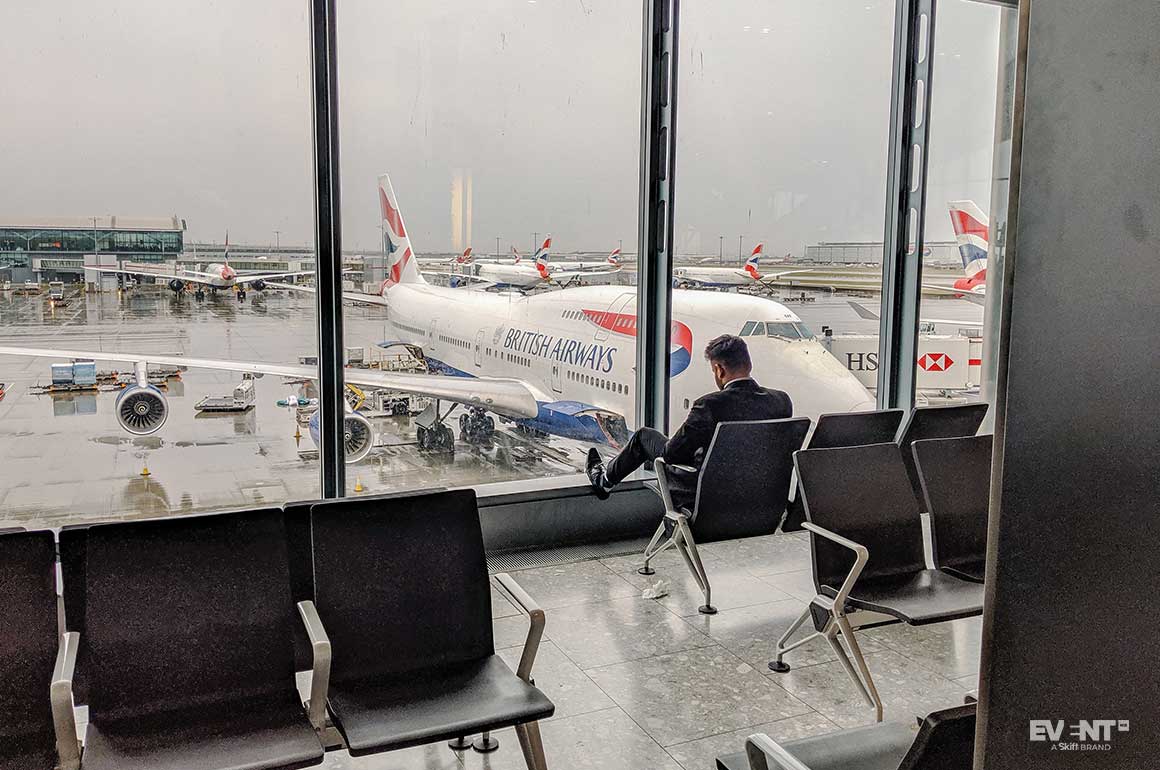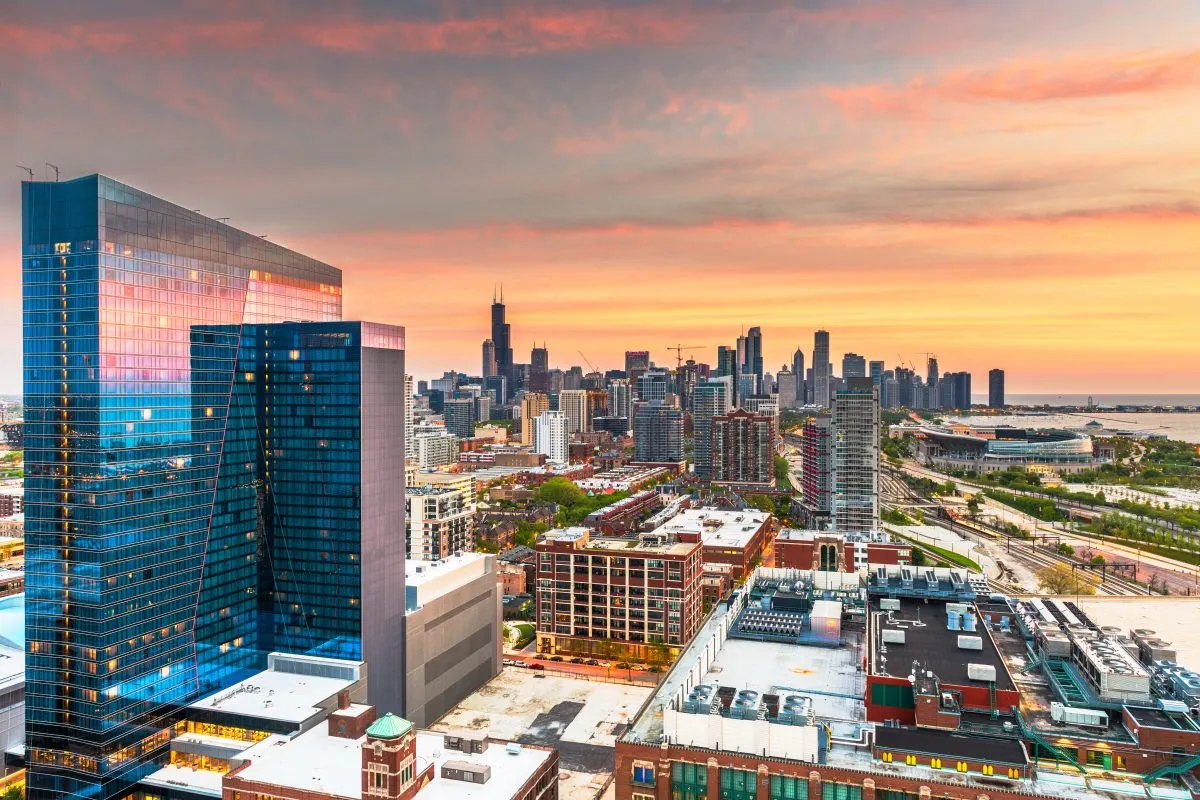Confusing UK Travel Guidelines Could Spell Trouble for European Events

Skift Take
British event professionals make up a substantial portion of exhibitors and attendees to EU trade events. At its last in-person show in 2019, for instance, IBTM drew 11% of its trade buyers from the UK (more than any other contingent outside of Spain), and 9% of its hosted buyers that year were British.
But new UK travel regulations that have caused widespread confusion may contribute to even greater post-pandemic travel hesitancy for UK businesses.
With the EU poised for a covid-safe reopening, what impact will the UK’s tangled travel guidelines have on British eventprofs already leery of logistical nightmares and costly quarantines, and on Continental B2B events whose ROI relies on heavy participation from British attendees?
What’s Wrong With the New UK Travel Policies?
Though touted by the UK government as a “return to international travel,” the new rules have been criticized as being unnecessarily restrictive. Easyjet Chief Executive Johan Lundgren has accused the government of refusing to move potential European travel and business destinations to its list of safe destinations, in spite of health data suggesting that such destinations were currently safe for travel.
“Restrictions are being unwound in [EU] countries clearly regarded as low risk,” said Lundgren. “No doubt the UK government is taking a much more cautious approach and we don’t believe this is backed up by the latest data.”
Confusion regarding the new rules stems from conflicting statements by UK government officials, inconsistencies between travel policies of the UK and destination countries, and a complex “traffic light” system in which “green,” “amber,” and “red” countries each require different levels of covid testing and quarantine periods.
At the moment, only 12 countries are listed as green: safe for travel. Visitors to amber countries such as France or Germany risk invalidating their travel insurance or losing money for their bookings if flights are cancelled as a result of changing advice from the Foreign Office.
What Are the Implications for Event Planners?
As a result of the uncertainty, planners may have to incorporate contingency plans in such areas as accommodations, medical testing, and communications plans for UK attendees who decide to risk showing up. And businesses that don’t want to risk it may now have to go without, for the second year in a row.
As we’ve previously reported, safety continues to be the number one concern for event planners, with 55 percent citing safety as the biggest barrier to hosting live events. Will UK exhibitors and attendees who are already hesitant to travel because of the pandemic be willing to jump through the new policy hoops, particularly while virtual and hybrid models are available?
One upshot may be that B2B planners see an increased demand for now-familiar virtual event alternatives, and in-person exhibitors may have to staff both physical and virtual booths.
IN CONCLUSION
With UK attendance a major factor in ROI for major European B2B events, it’s fair to worry that muddled travel regulations could have a significant impact both on attendance at the events themselves, and on the UK businesses that rely on trade shows to fill sales pipelines.
For their part, Continental B2B events may wish to incorporate travel contingency plans and increase their support for the virtual and hybrid options that they offer to potential UK exhibitors and attendees.




